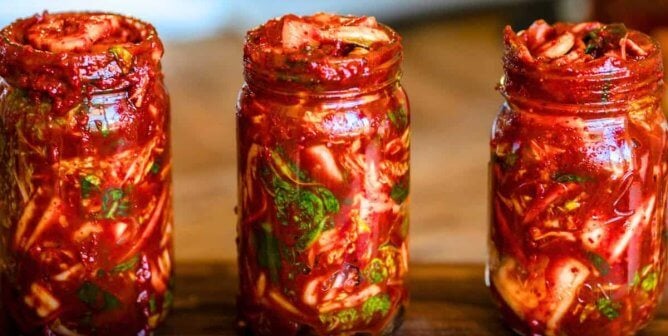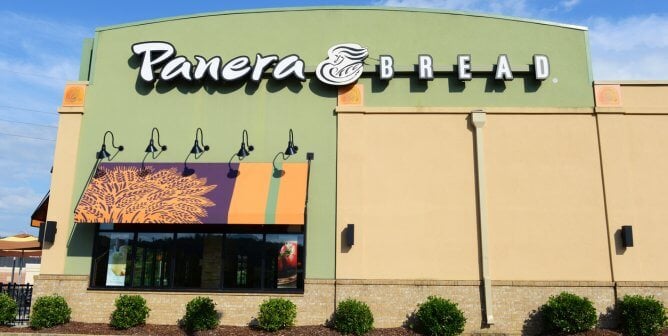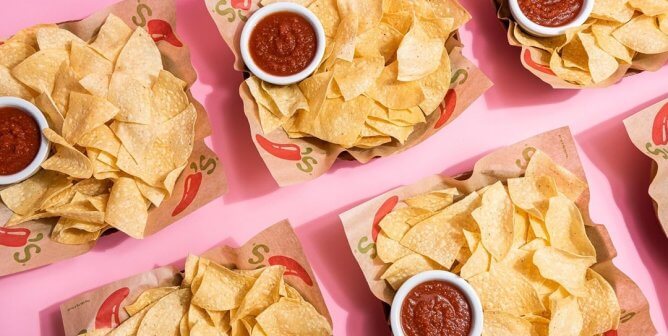Anyone who cares about slowing the effects of the climate catastrophe is probably aware of animal agriculture’s role in causing greenhouse gas emissions, water pollution, and deforestation. (If you aren’t, we have some recommended reading for you). The meat, egg, and dairy industries use dirty tactics to influence policies and trick consumers, pushing the false narrative that meat isn’t as harmful to the environment as science has shown—just as the fossil fuel industry did to set back climate policy for years until it was too late.
Animal Agriculture’s Dirty Tactics Are Holding Us Back From a Better Future
Animal agriculture is the single biggest source of greenhouse gas emissions in the food sector and is responsible for more such emissions than all the world’s transportation systems combined. The billions of cows, chickens, pigs, and other animals raised for their flesh produce huge volumes of CO2, methane, and excrement (which contains large amounts of nitrates) that pollute the air and waterways.
Scientists report that every pound of methane is more than 84 times as potent as carbon dioxide in trapping heat in the atmosphere. The U.S. Environmental Protection Agency has shown that animal agriculture is the single largest source of methane emissions in the U.S.
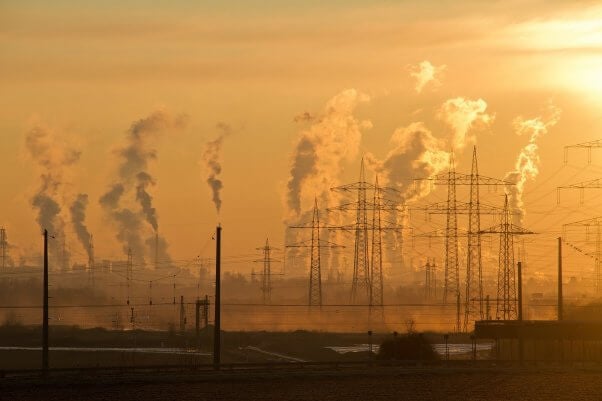
In response to such criticisms, these industries use greenwashing tactics to make consumers feel better about consuming meat, eggs, and dairy. Greenwashing, which is similar to “humane-washing,” occurs when a company uses misleading labels or overemphasizes certain practices to make it look as if it’s doing more for sustainability than it actually is. Greenwashing distracts from initiatives that could lead to real change.
“Carbon-neutral,”“organic,”“grass-fed,”and “non-GMO”are just a few examples of the terms that companies use to dupe consumers into thinking that the meat, eggs, and dairy they purchase are better for animals and the planet. However, the use of these labels is often loosely regulated or unregulated, so they don’t necessarily mean much and are easily manipulated.
At the behest of meat industry lobbyists, the U.S. Department of Agriculture recently introduced a “climate-friendly” beef certification program, which allows companies such as Tyson Foods to market cow flesh as a planet-friendly food, even if producing it still results in a higher-than-average emissions output. The certification also focuses only on CO2 emissions, ignoring the many other environmental impacts of animal agriculture. From 2010 to 2014, Tyson and its subsidiaries dumped 104 million pounds of pollutants into waterways, nearly seven times as much as ExxonMobil.
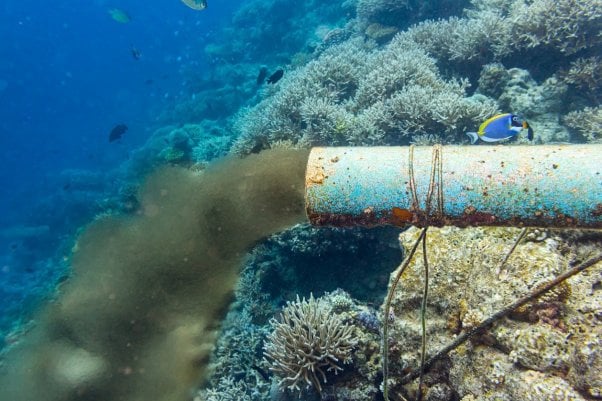
The industry’s other ploys include talk of genetically engineered cows that produce less methane and new methane scrubbers, which researchers claim remove low-concentration methane from the air using light and chlorine but can only do so if the methane concentration is greater than 4%. Most human-caused emissions are below .1% and therefore can’t be burned. These “fixes” are similar tactics to the coal industry’s invention of the buzzword “clean coal,” which tried to make it sound as if an inherently carbon-intensive industrial process could be made “green.” The dairy industry has even worked out a deal to receive credits funded with taxpayer money to build pipelines—yes, pipelines—for the copious amounts of methane that dairy farms release into the atmosphere.
Another strategy taken from the fossil fuel industry’s playbook involves infiltrating academic research institutions to fund biased scientific reports that deny its outsized impact on the climate—as the fossil fuel industry did for decades. The pork industry recently partnered with five research universities to fund entire Ph.D. programs advocating for it as students research ways to build the public’s trust and combat “myths” about pork production.
All these tactics avoid confronting the real issue: Breeding, raising, and killing animals to eat their flesh is unsustainable—and the only real, lasting solution is for everyone to go vegan.
Promoting greenwashing technology and using other dirty tactics also ignores the ethical implications of exploiting animals. Cows and other animals aren’t machines. Every animal is someone with their own unique personality and desires. In the dairy industry, female cows are repeatedly raped to keep them pregnant and workers take their babies along with the milk meant to feed them. These loving mothers will try hiding their calves and frantically chase after and call for them, but they’re forced to suffer in order to satisfy humans’ appetite for their mammary secretions.
Animal Agriculture Will Always Value Profits Over the Planet
Animal agriculture is one of the leading drivers of the climate catastrophe and should be central to serious discussions about it. But addressing the industry’s emissions has been only a small part of the conversation at the United Nation’s Climate Change conferences. At the 2023 summit, agribusiness companies sent three times as many lobbyists—with 120 delegates representing the meat and dairy industries alone—as the year prior.
Studies have shown that cutting methane emissions caused by animal agriculture is the quickest way to slow the climate catastrophe and could reduce global warming by 0.2 degrees Celsius by 2050—and the ever-increasing severity of this issue demands immediate action.
What You Can Do
Going vegan is one of the easiest and most effective things you can do to help the planet. Replacing 50% of animal-derived products with vegan foods could reduce greenhouse gas emissions by 31% over the next 27 years. But there’s no time for half-measures—animals and the planet need us to go vegan now.
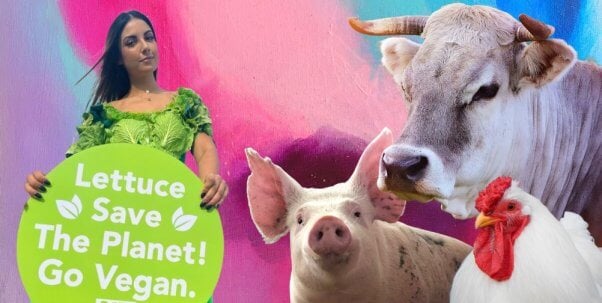
Billions of animals used for food never get a chance to raise their families, root around in the soil, build nests, or do anything else that’s natural and important to them. Most won’t even feel the warmth of the sun on their backs or breathe fresh air until the day they’re loaded onto trucks headed for slaughterhouses.
By going vegan, you can use your power as a consumer to send a message to the animal agriculture industry that you won’t stand for its abuse of animals and the planet. With so many delicious and truly climate-friendly vegan foods on the market, going vegan is easy. Please do it today—animals, the planet, and your health can’t wait:
Text VEG to 73822 to get the latest vegan lifestyle tips, recipes, and urgent action alerts texted right to your phone.
Terms for automated texts/calls from PETA: https://peta.vg/txt. Text STOP to end, HELP for more info. Msg/data rates may apply. U.S. only.



